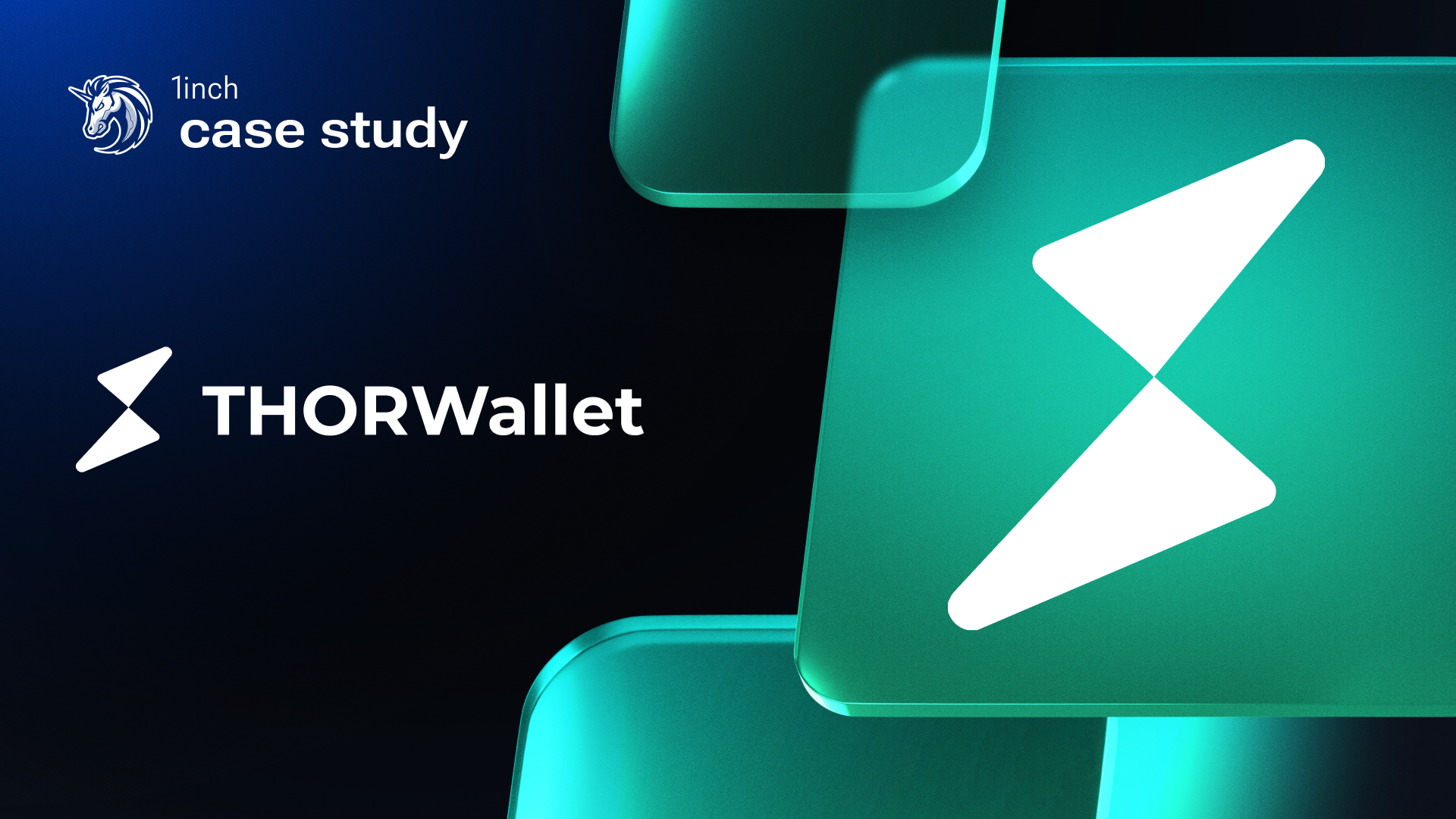PayPal’s P2P crypto rollout aims to accelerate adoption

The payment giant’s move is widely seen as a milestone in mainstreaming crypto payments, shifting them beyond trading and speculation into everyday money transfers.
PayPal has taken another major step into crypto assets with the launch of “PayPal links,” a new peer-to-peer (P2P) payment feature that now supports crypto.
Simplified flows, crypto included
New links allow users to send funds through personalized PayPal URLs. Both fiat and crypto are supported, including Bitcoin, Ethereum and PayPal’s own stablecoin PYUSD.
Meanwhile, a notable detail is that personal transfers between friends and family are exempt from 1099-K reporting, reducing the friction of tax compliance. As CoinDesk highlighted, “the new feature allows crypto transfers directly to external wallets, making PayPal one of the few mainstream payments companies to bridge that gap.”
US rollout, global ambitions
The service was initially rolled out in the United States, but PayPal reportedly plans expansion to other markets. The UK and Italy are expected to be among the first markets outside the US where the new feature will be available, Crypto Times reported.
This cautious strategy comes as a reflection of PayPal’s compliance-first approach. Industry insiders noted that the inclusion of PYUSD and alignment with tax guidelines positions PayPal as a stable, regulated entry point into crypto for mainstream users.
Reshaping peer-to-peer payments
Overall, the reaction to the release has been largely positive, with many calling it a game changer. CoinCentral described the launch as “seamless peer-to-peer crypto transfers across platforms, pushing crypto usage beyond just trading.”
TechCrunch joined that sentiment, pointing out that “the new links simplify user flows while opening the door to crypto as just another payment option.”
By embedding crypto into a familiar P2P experience, PayPal is lowering barriers to entry for millions of users, concluded The Block: “PayPal expands P2P crypto payments links, tying the service directly to its stablecoin strategy.”
In pursuit of mainstreaming adoption
With one of the largest fintech platforms now supporting crypto for everyday transfers, the implications for adoption are substantial. For users, sending Bitcoin, Ethereum or PYUSD will become as simple as sharing a link. For the industry, this marks a shift from crypto as a niche tool for trading toward crypto as a practical rail for global peer-to-peer payments.
Overall, PayPal’s rollout shows how mainstream fintechs are beginning to reimagine peer-to-peer payments with crypto at the core, accelerating the path toward mass adoption.
Stay tuned for more insights into hot topics!




























